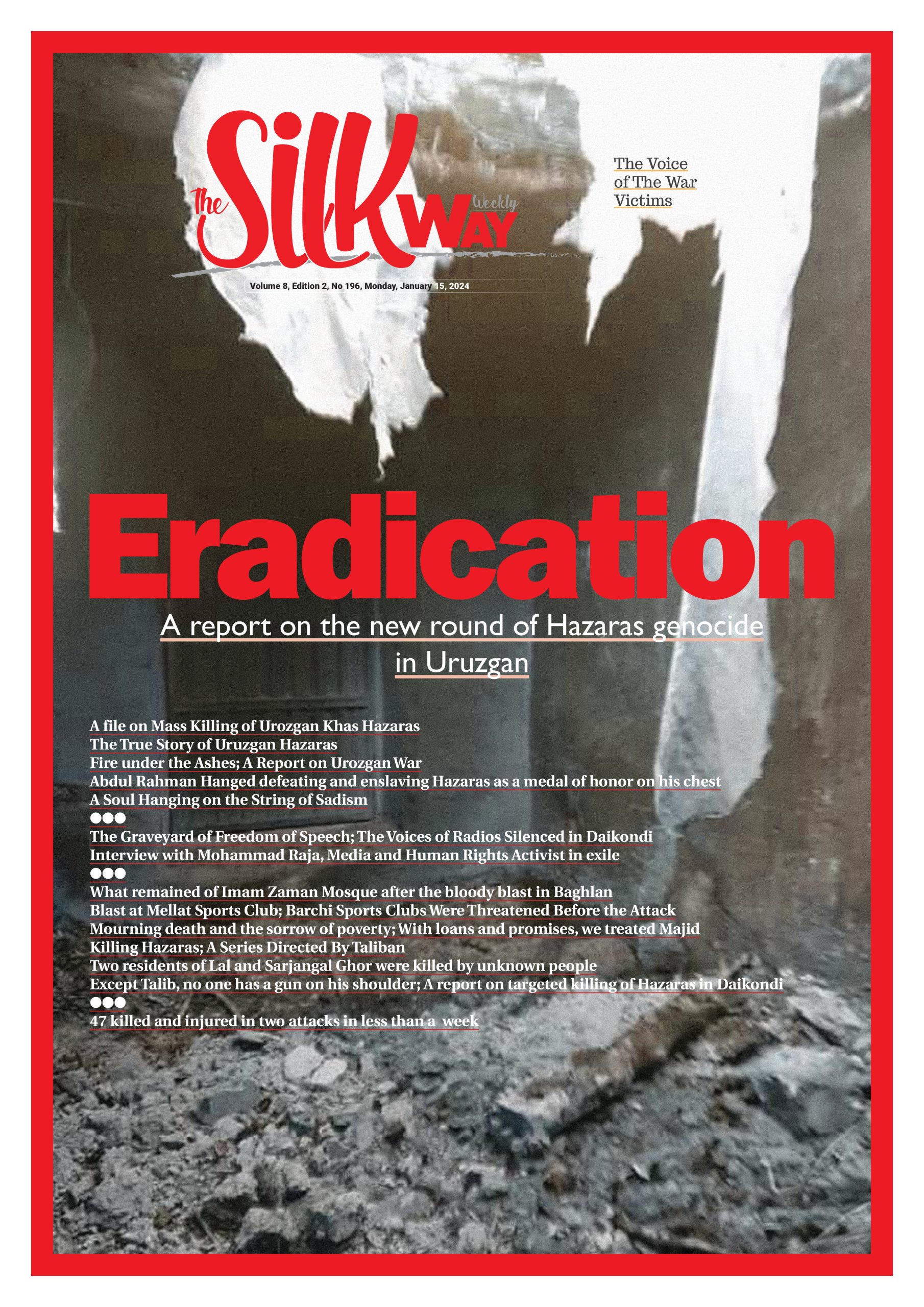 By: Khaliq Ebrahimi
By: Khaliq Ebrahimi
Translated By: Mohammad Rezaie
Let me start from a basic point, it also exactly shows our current situation; The summary of Abdul Rahman Khan’s atrocities on Hazaras can be found in the following text: “In destroying the foundations of these irreligious people, so that no trace of them was left around and through the mountains, and their property must be divided between Ghaljaei and Durani tribes, he ordered that the Our victorious Corps public forces must gather in the land of Hazaras from all sides. No one from those misguided clans shall be left alive and be spared” (Kateb, 2014, Vol 3, B1: 934-935).
Kateb has very carefully chosen ” destroying the foundations of these irreligious people”, because it shows the depth of this sad reality; a reality which is used with some other interpretations. But there is another corelative interpretation that Abdul Rahman has explicitly shown his intention of Hazaras genocide. It says: “Once and for All”. Hazaras must be eliminated. It is very important to know that he tied the stability of the government and the determination of Afghanistan’s borders with the “crackdown of the Hazaras destruction”. But if he achieved the stability of the government, he never achieved the arbitrary determination of Afghanistan’s borders. The genocide of the Hazaras was the most important cause of the Amir’s weakness and failure to determine the borders arbitrarily, and this still shows the most fundamental failures and the main secret of the crisis of Afghanistan. The repression that Amir had undertaken was not limited to the lives and souls and property of the Hazaras, it was not limited to their past and future, but it also included their houses, castles, crops, trees, streams, settlements, mosques and roads. Amir’s destruction included everything in a brutal and insane manner. If the expressions of savagery and madness are used about the actions of the Amir, it is not because of malice, revenge and anger, because the governments of Russia, British India and Iran – which was called Persia at that time – have repeatedly used these expressions to describe the actions of the Amir.
Anyway, whatever Amir had done about the Hazaras and their existence, now they are evident in the Taliban’s behavior towards the Hazaras. Maybe there is a difference in terms of quantity, but there is no difference in terms of quality and nature. In the following objective narratives, we see the same actions and the Hazaras face exactly the same fate.
Click on Urozgan to download the Silk Way 196 issue.


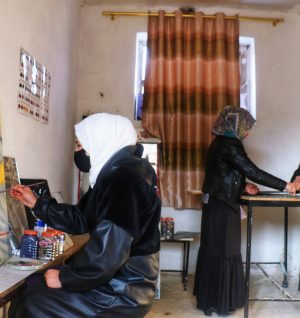
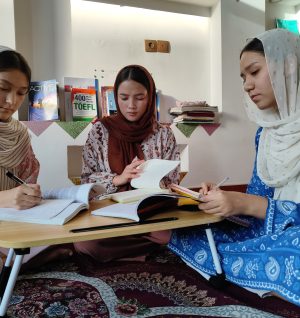
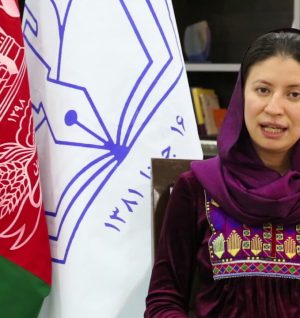

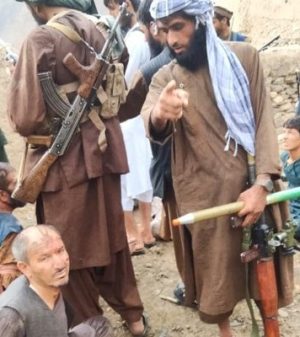
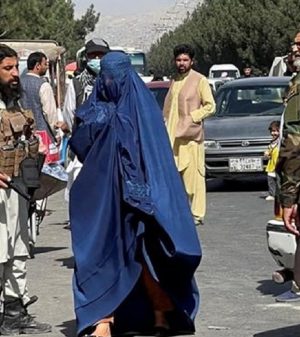

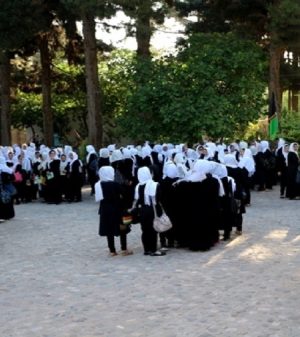
Add Comment